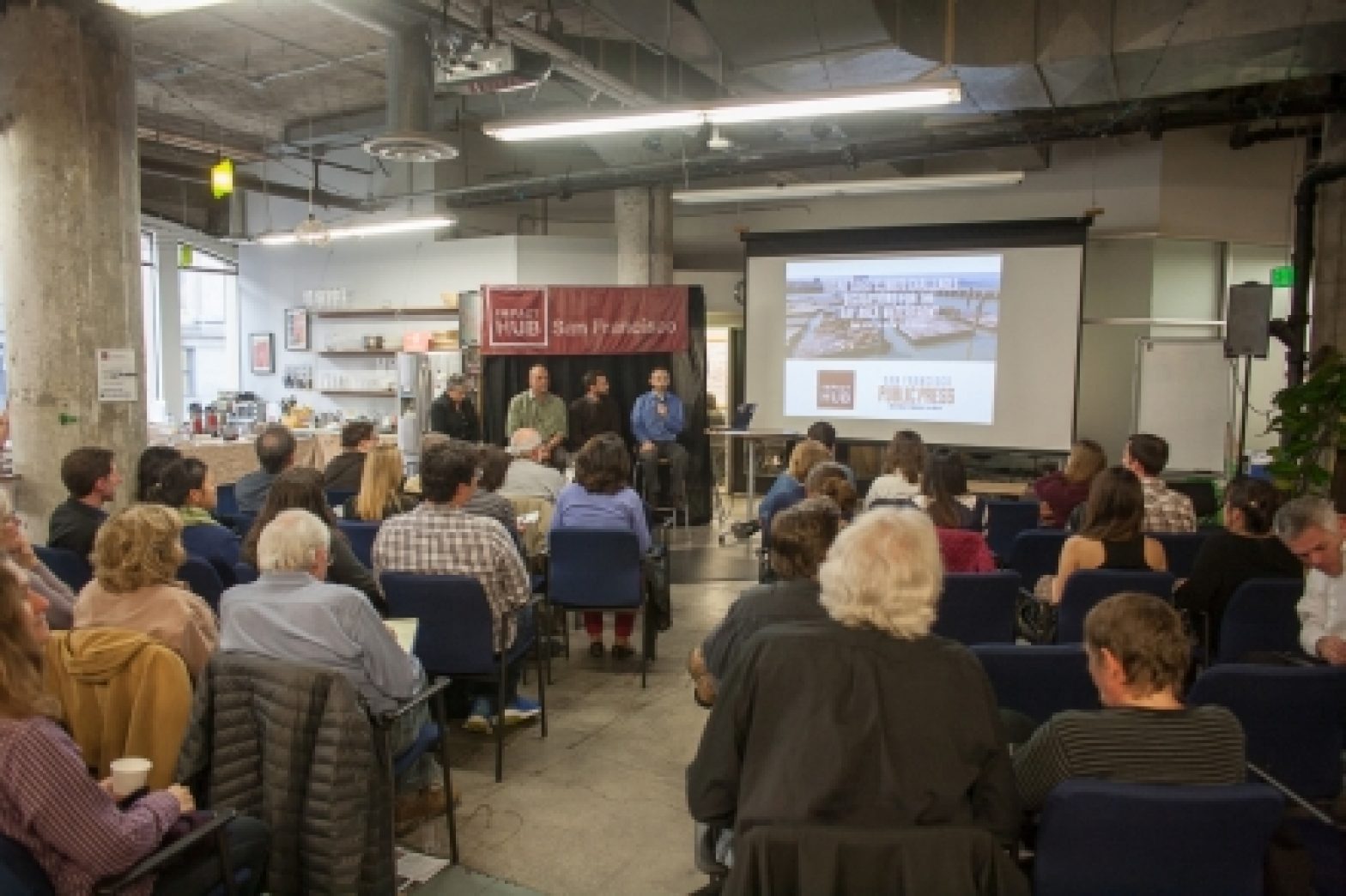News
Mission Residents Meet Proposed Medical Neighbors and Say, ‘Go Somewhere Else’
By J.J. Barrow, Mission Local/KQED News Fix
The appropriateness of Sutter Health’s plan to open an affiliate medical center on the corner of 20th and Valencia streets was the subject of a lengthy and at times tense meeting on Monday night. The talk, hosted by the Liberty Hill Neighborhood Association, brought together 25 concerned Mission District residents and three employees of Sutter Health’s Pacific Medical Foundation, which seeks to locate its latest facility on the ground floor of the new V20 condo complex. Neighbors questioned everything from the center’s attractiveness to its size and location. Read the complete story at Mission Local/KQED News Fix.







